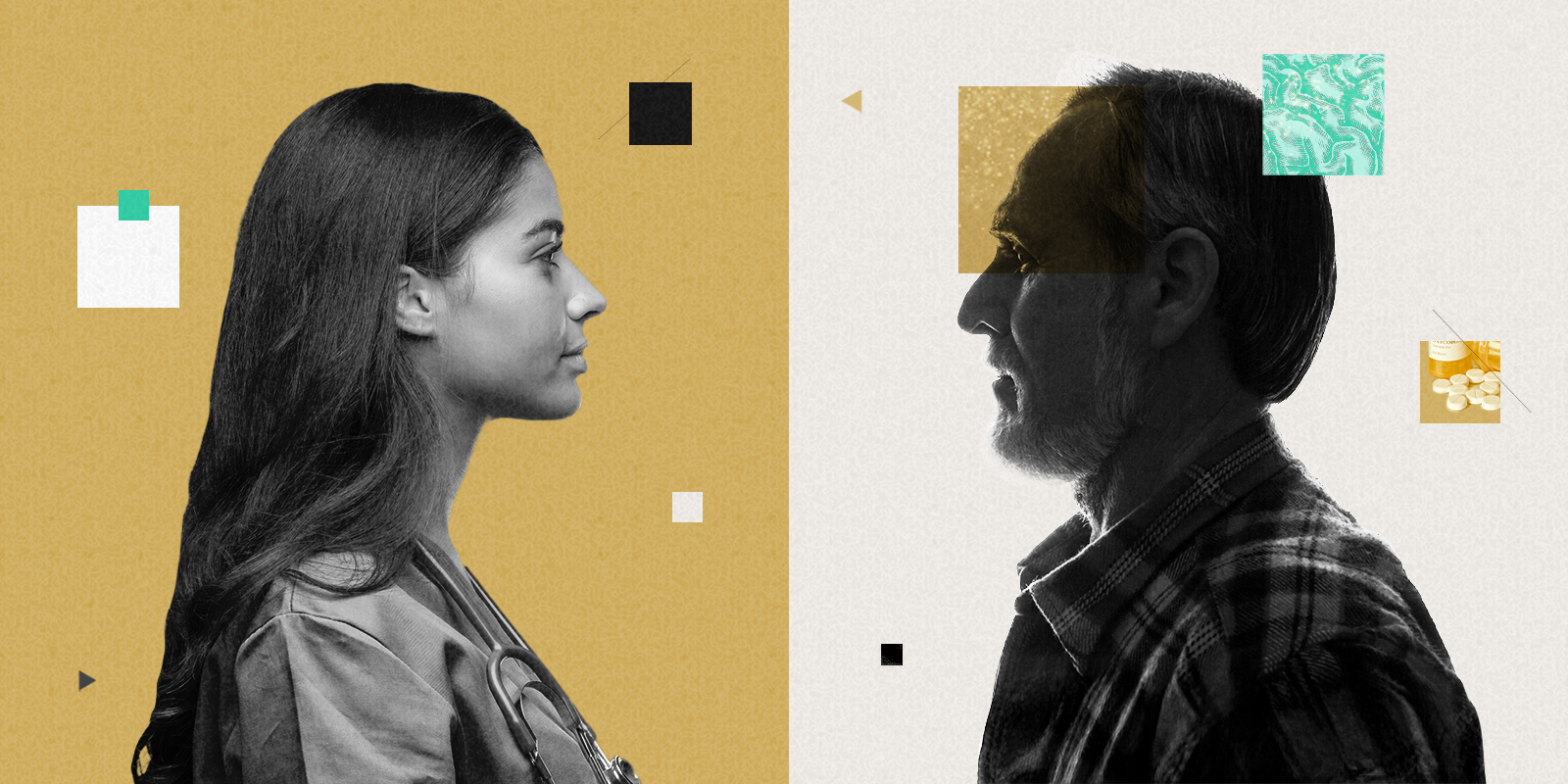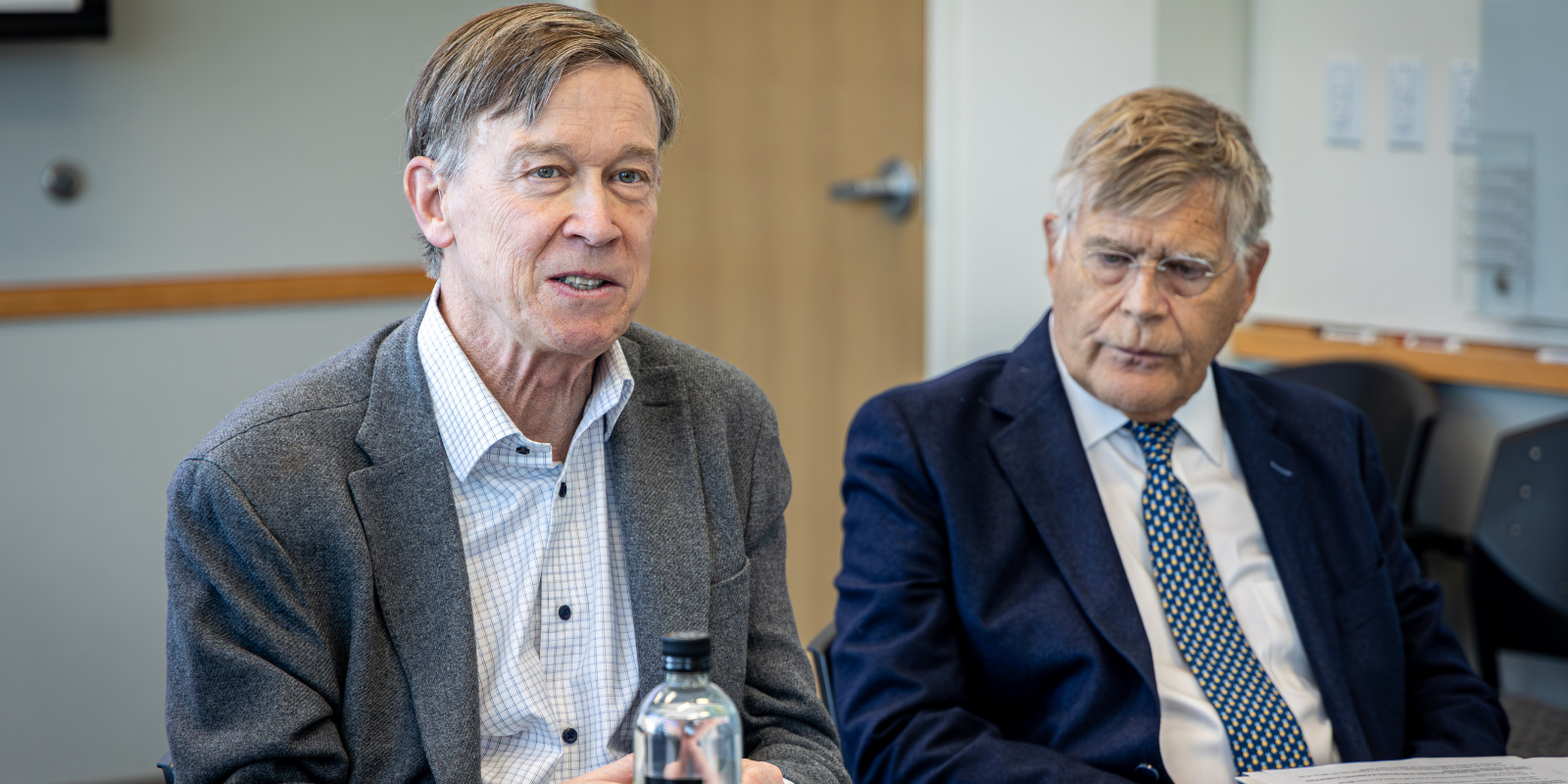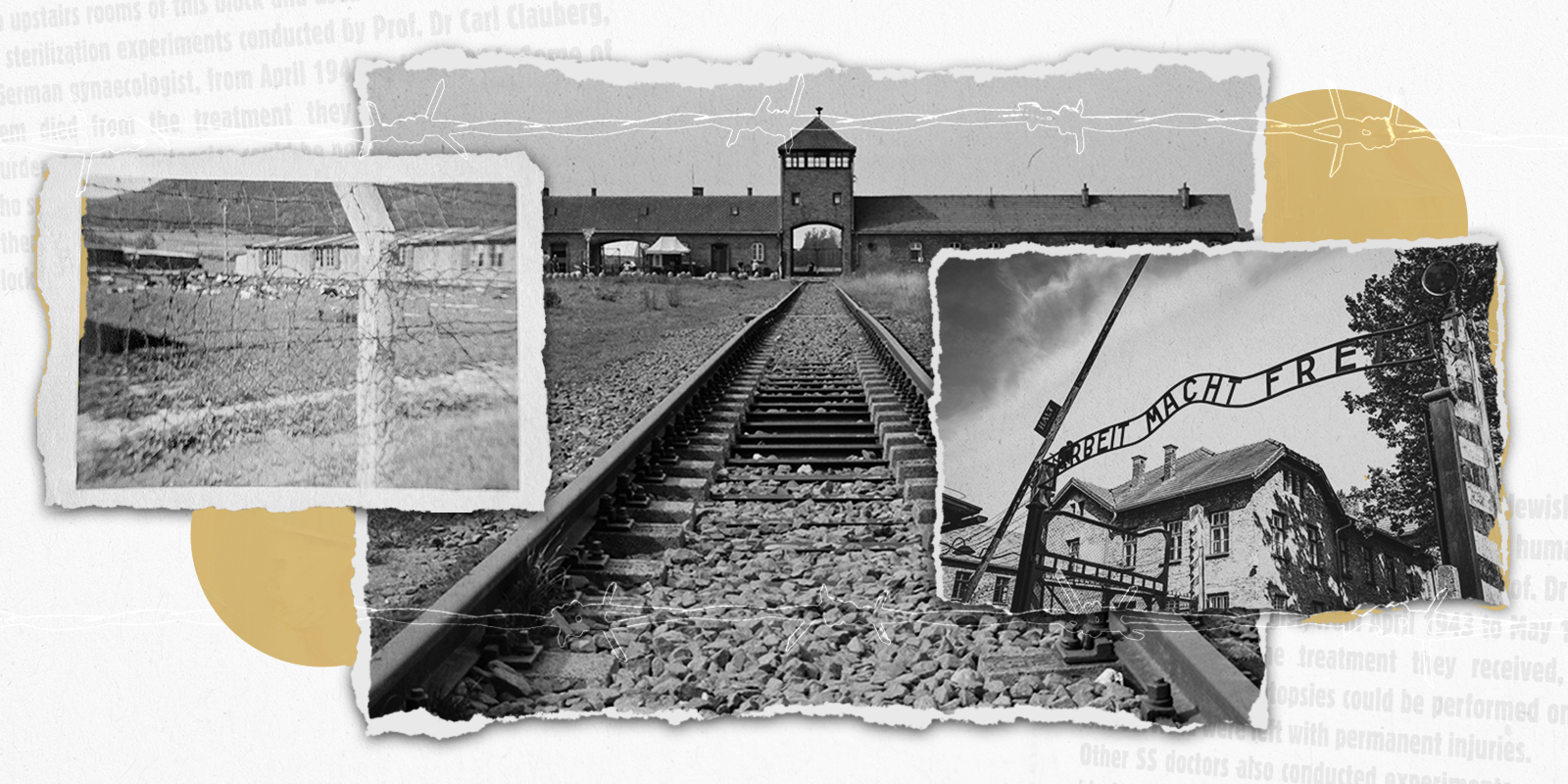What or who inspired you to pursue a path in cardiology/vascular health?
My mentor, Dr. John Fontaine, at SUNY-Downstate Medical Center in Brooklyn, N.Y., was 6 feet, 4 inches tall, dark like me, and commanded attention. I realize now that I was not only drawn to him because of our shared physical traits, but also because of his quiet demeanor that camouflaged internal fortitude and courage.
He treated everyone as he would want to be treated. He spoke softly and shared his expertise generously. Quite simply, he was a kind, caring presence.
Back then, I believed that my choice to pursue cardiology was strengthened by having a mentor who looked like me. Certainly, that played a role, but looking back I realize that superficial characterization belied a deeper impact that centers and stills me to this day.
Recently, a medical student sent me an email to express that I inspired her career aspirations, asking if we could meet again for guidance. Last week, I received an email from a colleague thanking me for my presentation regarding treating vulnerable populations suffering with non-healing wounds, calling my clinical expertise and advocacy inspirational. Neither one share physical traits with me in a significant way. Yet, we connected.
When I finished my interventional cardiology training, I set off to help “the people,” the underserved, the marginalized. I believed that my skill in putting in stents and restoring blood flow was the best way that I could intervene on their behalf. After spending many years in various communities, from Gary, Ind., to South Chicago, to Flagstaff, Ariz., and Topeka, Kan., my understanding is nuanced.
Evaluating the whole patient and considering their context of being, respecting their concerns, focusing on their goals, and empowering them to take control of their health, is most important.
I knew I needed a way to share what I had learned with others, a real-life education that often was in direct opposition to what the textbooks taught me. It turned out that providing community care is much more challenging than regurgitating facts to pass a test.
I am constantly striving to learn more. I could never have imagined that this desire for learning would lead me to become a wound-care physician, passionate about helping patients heal and recover, so that they could savor the joy of life.
Why do you choose to pursue your goals at CU Anschutz?
After over two decades, I welcomed a shift in direction. I wanted to find a safe place to expand my influence, to model a systems-thinking, holistic approach – a place that embraced curiosity, that valued knowledge, and supported pedagogy.
That is why I chose CU Anschutz.
I wanted to inspire learners to consider themselves healers, to keep social context top of mind, and to strive to create an equitable healthcare system.
What gets you out of bed in the morning? What is your WHY? Why do you do this work?
Presently, I spend much of my time as director, service-learning at the School of Medicine and contribute to the Health and Society curriculum development.
Service-learning has been reconfigured as a mandatory part of the medical school curriculum to support the imperative of health equity and community engagement for medical students. We recently matched over 180 students to over 50 community-based organizations.
I love this work.
I am humbled by the unbelievable endeavors done out in our community on behalf of our community. I hope that we can help physicians see that being a great doctor is so much more than memorizing facts.
Our intent is to help students learn firsthand the importance of social determinants that impact health. I would like them to see that being an advocate is not a burden, but a key to maintaining the joy in our work, the seed from which professional satisfaction blooms. We can craft ourselves to be whatever we want to be.
Back in the day, why did I see myself, see what I could be, mostly in a mentor who shared my physical characteristics? Why place limits on mentorship? I would be pleased if learners could see themselves in me, no matter what I look like. How disruptive that would be!
What do you do to re-charge and re-inspire yourself when you feel depleted, or when you are working through a challenging situation?
Sometimes I need relief.
I enjoy cycling, hiking and reading. I am also taking a storytelling course and studying Spanish online.
Writing poetry and narrative reflection, talking to my two sisters daily. Relaxing with my partner and embracing quiet moments. I love watching sports and look forward to traveling.
What is your favorite place in Colorado, and why?
My favorite place to unwind is Barr Lake. I get a thrill out of birding and continue to build my life list of birds discovered. Last weekend I saw a white-breasted nuthatch, a belted kingfisher, a downy woodpecker and a bald eagle!
When it comes to snacks and food indulgences…sweet or savory?
I lean toward savory.
I love to experiment in the kitchen – I am excited about delving into The Rise: Black Cooks and the Soul of American Food: A Cookbook, edited by Marcus Samuelsson.




